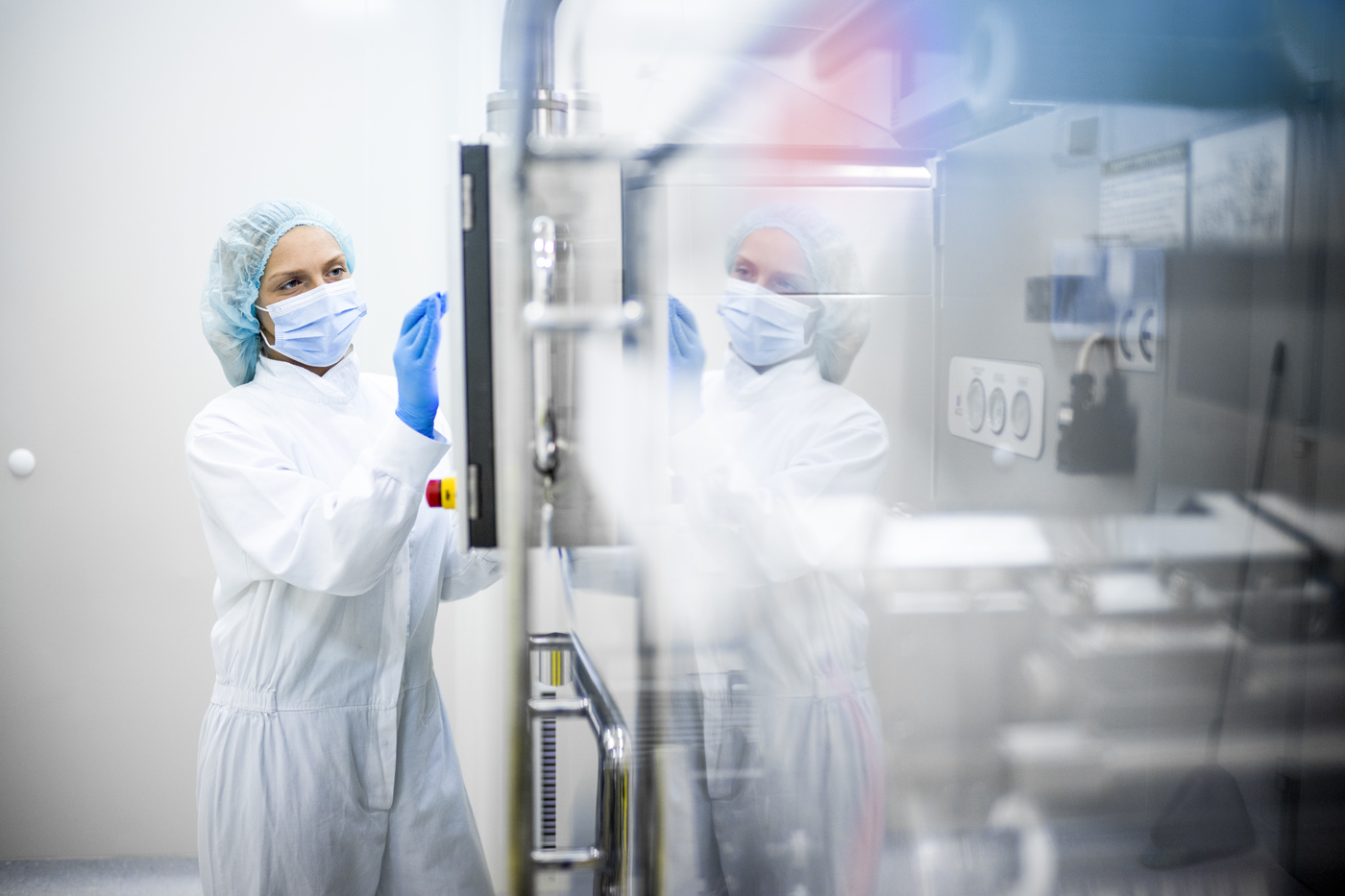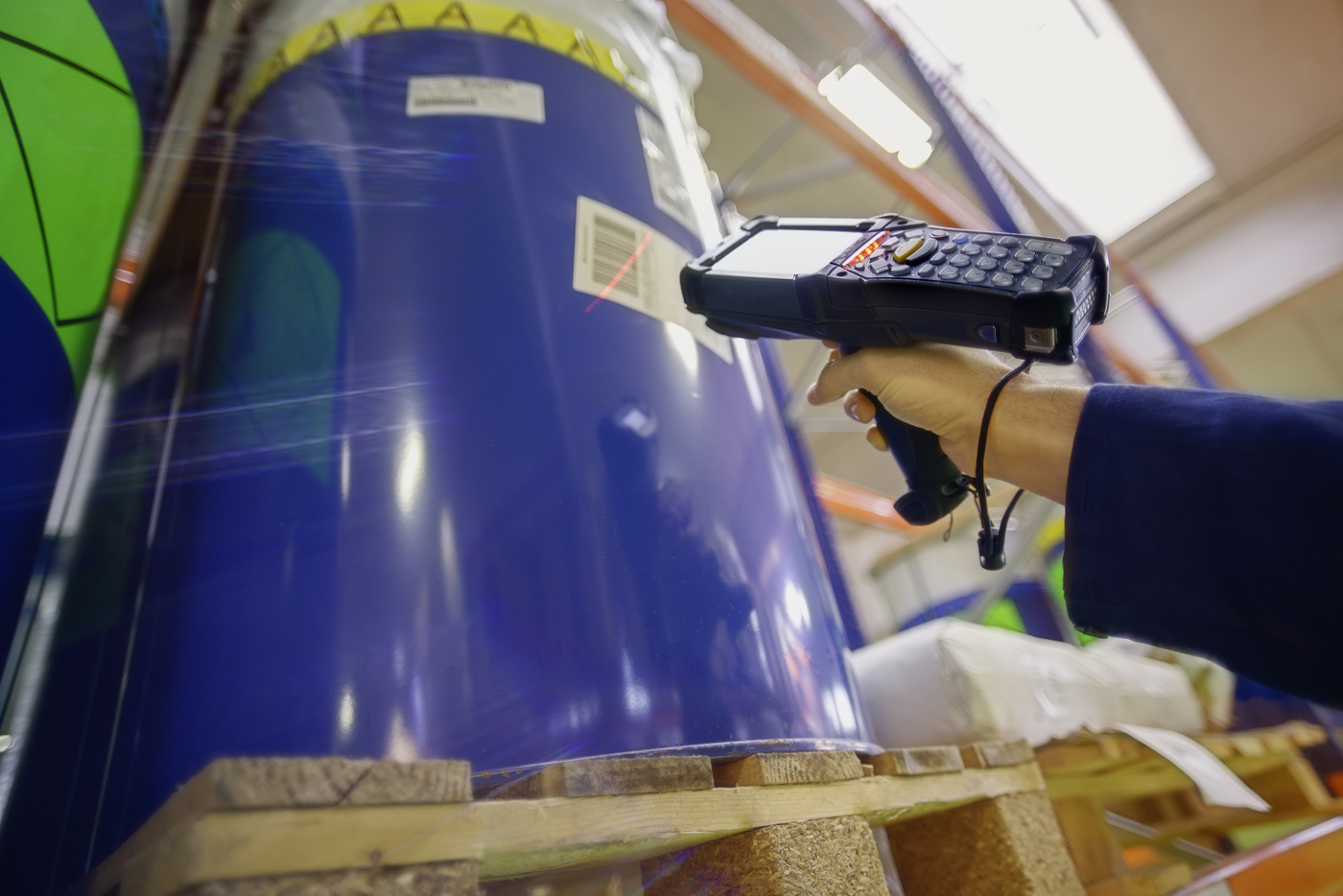Artificial Intelligence (AI) is a branch of science that uses computers and machines to mimic human intelligence and speed up the processes of problem-solving and decision making. The latest advances in Artificial Intelligence and Machine Learning (ML) play a major role in every sector of the pharmaceutical industry, from early drug discovery to manufacturing, by speeding up processes, reducing costs, and giving better direction to projects. In this insight, we investigate the role of AI in early drug discovery, which includes drug design and drug screening.
The significant cost can be attributed to the failure of most drugs at some stage in the drug development process; therefore, it is imperative to identify ineffective compounds early on in this journey. To reduce the cost and time to market, Artificial Intelligence models allow companies to automate some of the iterative processes, thereby discovering medicines rapidly.
During early drug discovery, some thousands to millions of compounds are screened and huge volumes of data are produced. Deep Learning models can be trained using these data sets, which will enable them to recognise patterns and make predictions.
AI is a revolution in the field of pharmaceutical drug discovery and development due to its rapid hit, lead compound identification and suggested synthesis routes for these molecules. It can predict the desired chemical structure of efficient molecules as well as link their structure to their activity. AI can also predict the interactions of a drug with its target, thereby increasing the chances of developing an efficient molecule. It is likely that the number of AI applications and their efficiencies will also increase in the future, making the process of drug discovery even quicker and even more cost-efficient.
1. Lounkine, E. et al. (2012) Large-scale prediction and testing of drug activity on side-effect targets. Nature 486, 361–367.
2. Chan, H.S. et al. (2019) Advancing drug discovery via artificial intelligence. Trends Pharmacol. Sci. 40 (8), 592–604.
3. A´lvarez-Machancoses, O´ and Ferna´ndez-Martı´nez, J.L. (2019) Using artificial intelligence methods to speed up drug discovery. Expert Opin. Drug Discovery 14, 769–777.
4. Dana, D. et al. (2018) Deep learning in drug discovery and medicine; scratching the surface. Molecules 23, 2384.
5. Grzybowski, B.A. et al. (2018) Chematica: a story of computer code that started to think like a chemist. Chem 4, 390–398.
6. Debleena Paul et al. (2021) Artificial Intelligence in drug discovery and development. Drug Discovery Today, 26(1): 80-93.





